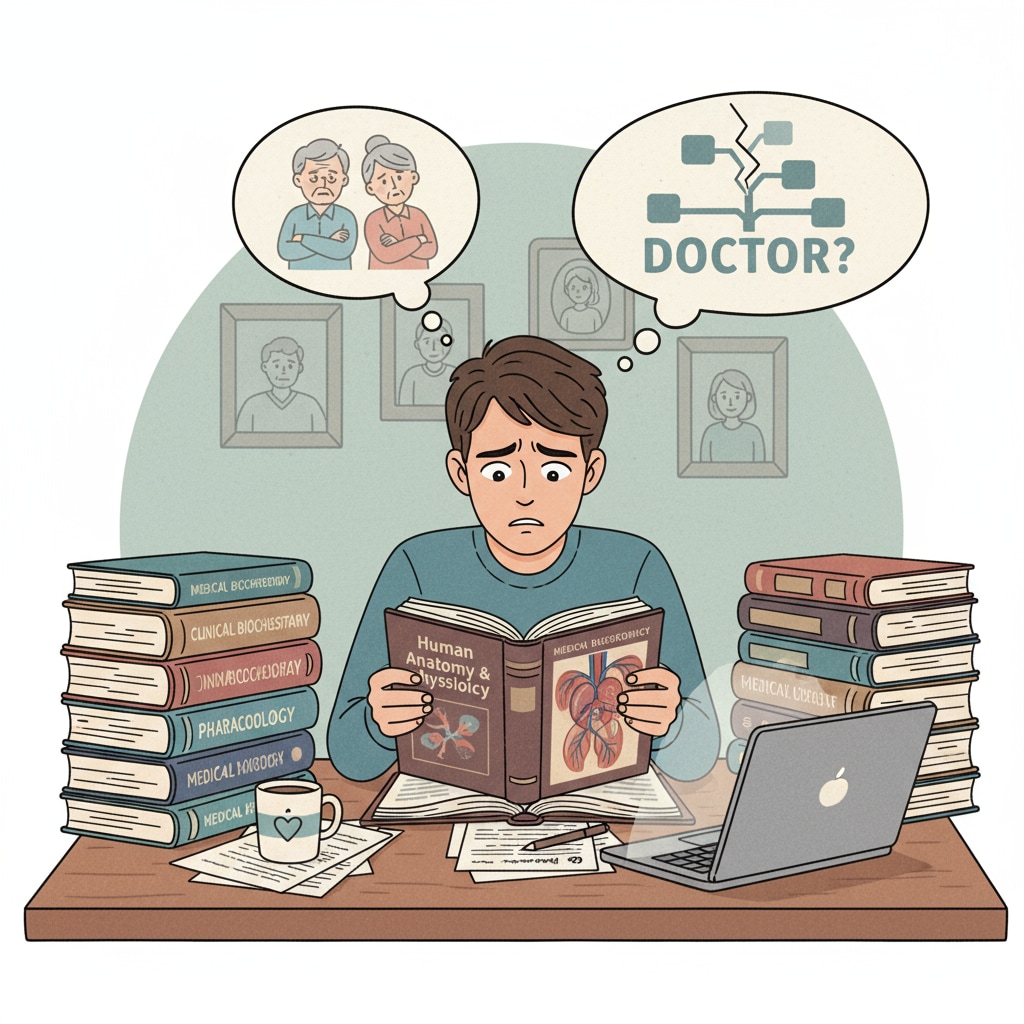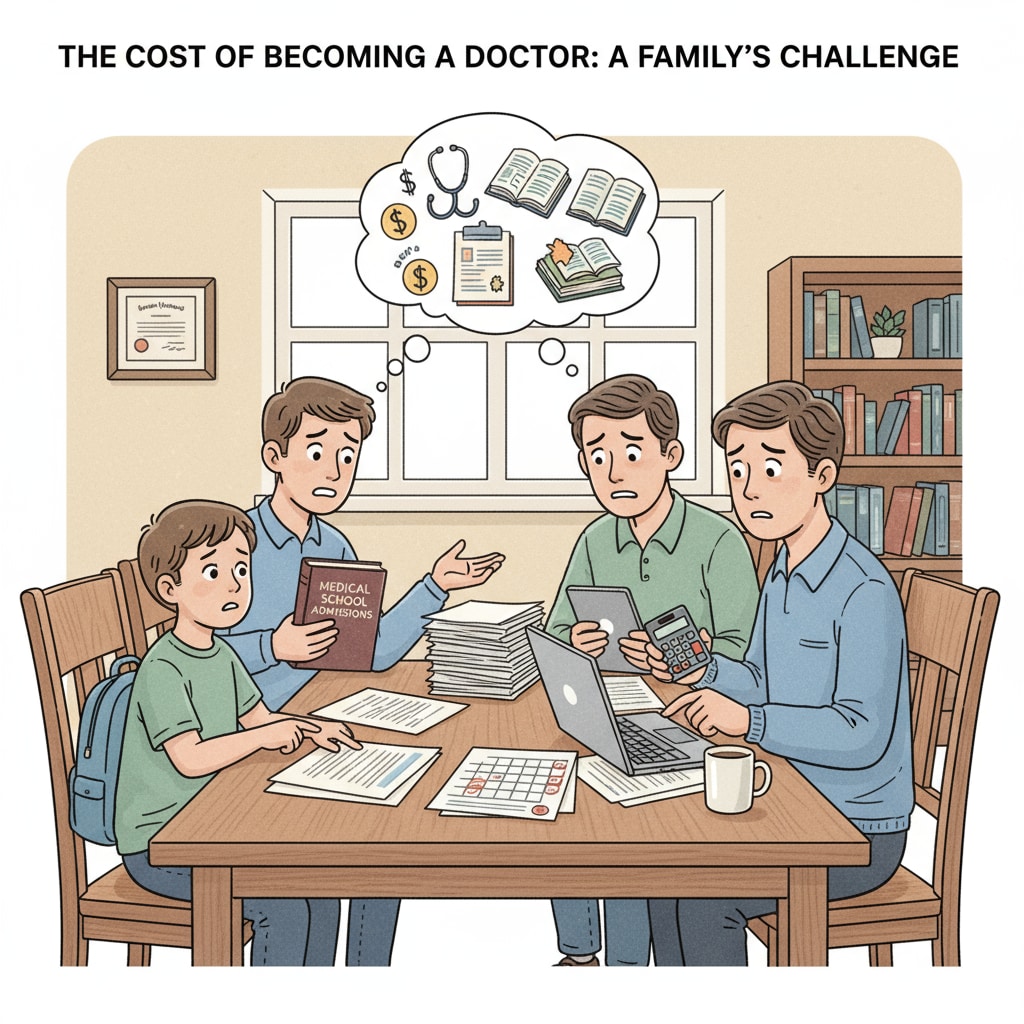Family resistance to higher education in the medical profession can be a significant hurdle for young individuals with dreams of entering this noble field. The journey to becoming a medical professional is filled with challenges, and when family members don’t offer support, it can add an extra layer of difficulty.

However, it’s important to understand that there are ways to navigate through this situation and still pursue one’s passion.
The Root Causes of Family Resistance
There are several reasons why families might not support a young person’s pursuit of higher education in the medical field. One common factor is the financial burden. Medical education is often expensive, with tuition fees, textbooks, and clinical equipment costs adding up. Families may worry about the long-term financial implications and the debt that their child may accumulate. For example, according to AAMC’s data on medical school tuition, the cost of attending medical school has been steadily increasing over the years.

Overcoming the Financial Hurdles
Despite the financial concerns, there are solutions. Scholarships, grants, and student loans can be viable options. Many organizations and institutions offer scholarships specifically for students pursuing medical education. Additionally, some medical schools have financial aid programs designed to ease the burden. For instance, the Johns Hopkins Medicine Financial Aid Program provides support to its students. By researching and applying for these opportunities, students can show their families that the financial aspect can be managed.
Another aspect that families might be concerned about is the length and intensity of medical education. It requires a significant time commitment, often involving long hours of study, internships, and residencies. This can lead to concerns about work-life balance and the impact on personal relationships. However, it’s important to communicate with family members about the long-term rewards of a medical career, such as the ability to make a difference in people’s lives and the potential for a stable and fulfilling career.
In conclusion, while family resistance to higher education in the medical profession can be challenging, it’s not insurmountable. By understanding the concerns of family members and taking proactive steps to address them, young people can stay on track to achieve their dreams in the medical field. With determination and effective communication, they can break free from the shackles of family resistance and embark on a rewarding journey in medical education.
Readability guidance: The article uses short paragraphs to make the content more digestible. Key points are presented clearly, and external links are provided for further information. Transition words like “however” and “for example” are used to enhance the flow of the text.


